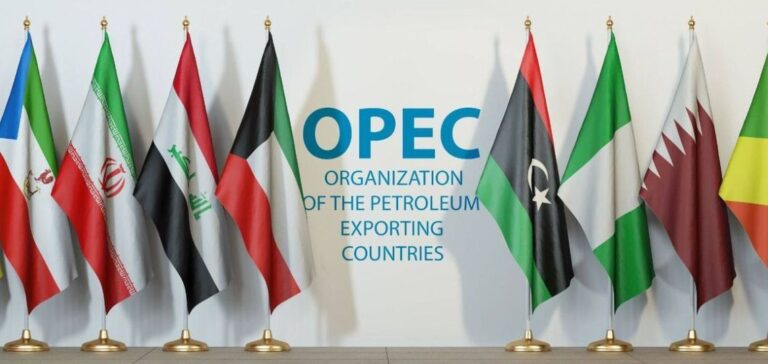In April, the combined output of OPEC+ members fell by 210,000 barrels a day to 41.04 million b/d, reveals a Platts survey by S&P Global Commodity Insights. This drop is mainly due to deeper production cuts implemented by Russia, which also faced interruptions due to Ukrainian drone attacks on its refineries and flooding in its oil-producing regions. Despite these challenges, the overall reduction seems insufficient to ease persistent tensions. They are linked to quota compliance, notably with Russia andother members such as Iraq and Kazakhstan, which continue to produce well beyond their assigned quotas.
Impact of outages and compliance issues
Russia, which switched to a larger voluntary cut in production from April onwards, reduced output by 130,000 b/d to 9.29 million b/d, but missed its target of 9.099 million b/d. This is the lowest level since May 2022, shortly after Russia’s invasion of Ukraine shocked the energy markets. On the other hand, Saudi Arabia, co-chair of OPEC+ with Russia, continues to respect its quota, cutting production by 10,000 b/d to 8.98 million b/d in April.
Compensation plans and future prospects
Iraq and Kazakhstan, having exceeded their quotas, were forced to submit plans to compensate for their overproduction in early 2024. Overall OPEC+ compliance efforts showed production 249,000 b/d above quota in April, with a compliance rate of 96.97%. This situation could require adjustments to compensation plans, depending on future production and OPEC+ policy decisions.
Implications for the Oil Markets and the June Meeting
April production data will be the latest available to OPEC+ ministers when they meet on June 1 to set production levels. Commodity Insights analysts expect the group to extend current quotas and voluntary cuts. However, price gains resulting from aggressive OPEC+ cuts have largely disappeared in recent weeks, affected by tepid economic indicators in China, rising production in the USA and persistent pockets of inflation in major economies.
As OPEC+ continues to navigate an uncertain global economic environment, managing future production capacity and negotiating production levels remain crucial. Efforts to maintain market balance while supporting oil prices are complicated by internal and external challenges, requiring a flexible and responsive approach from the cartel.






















